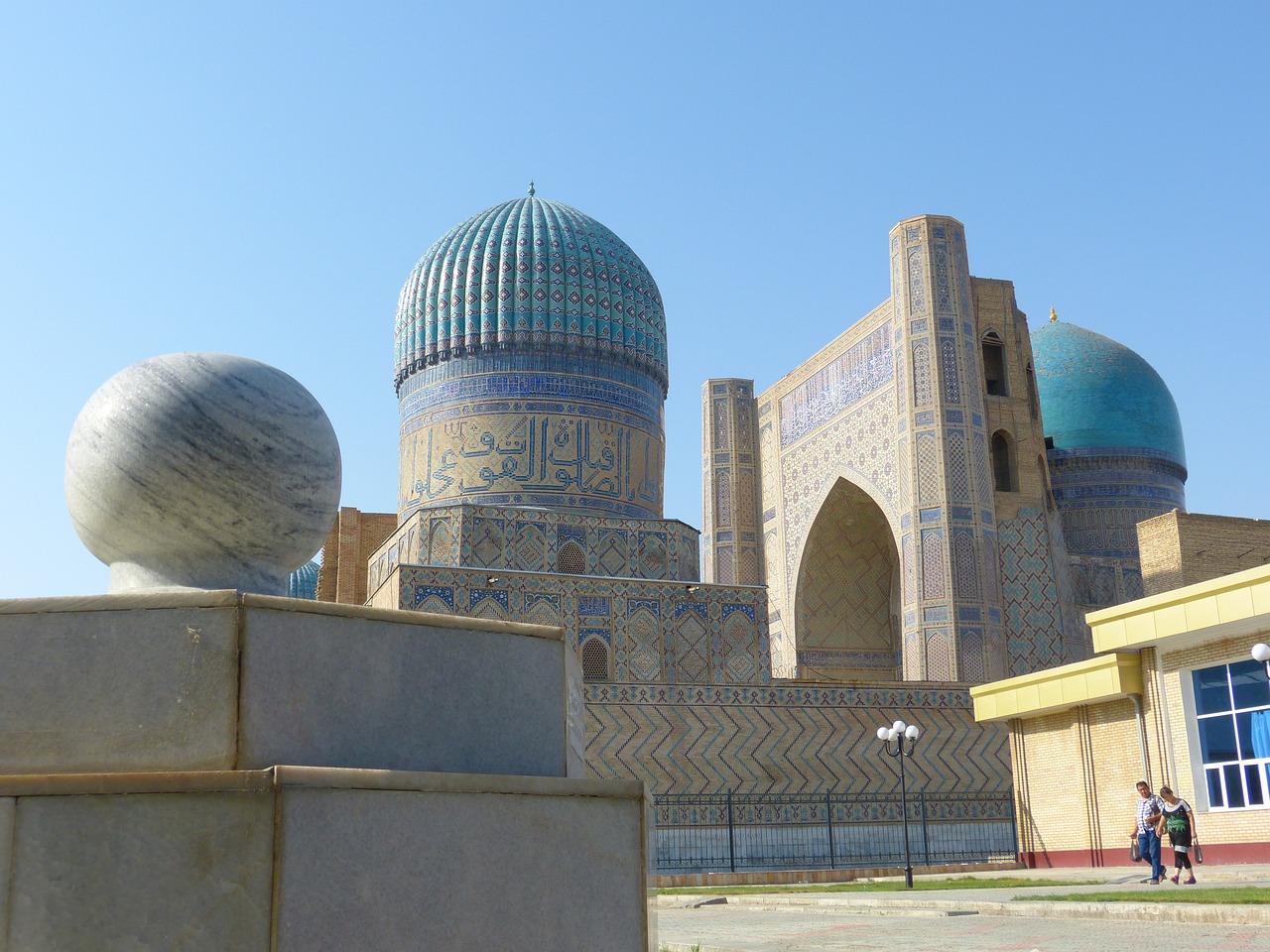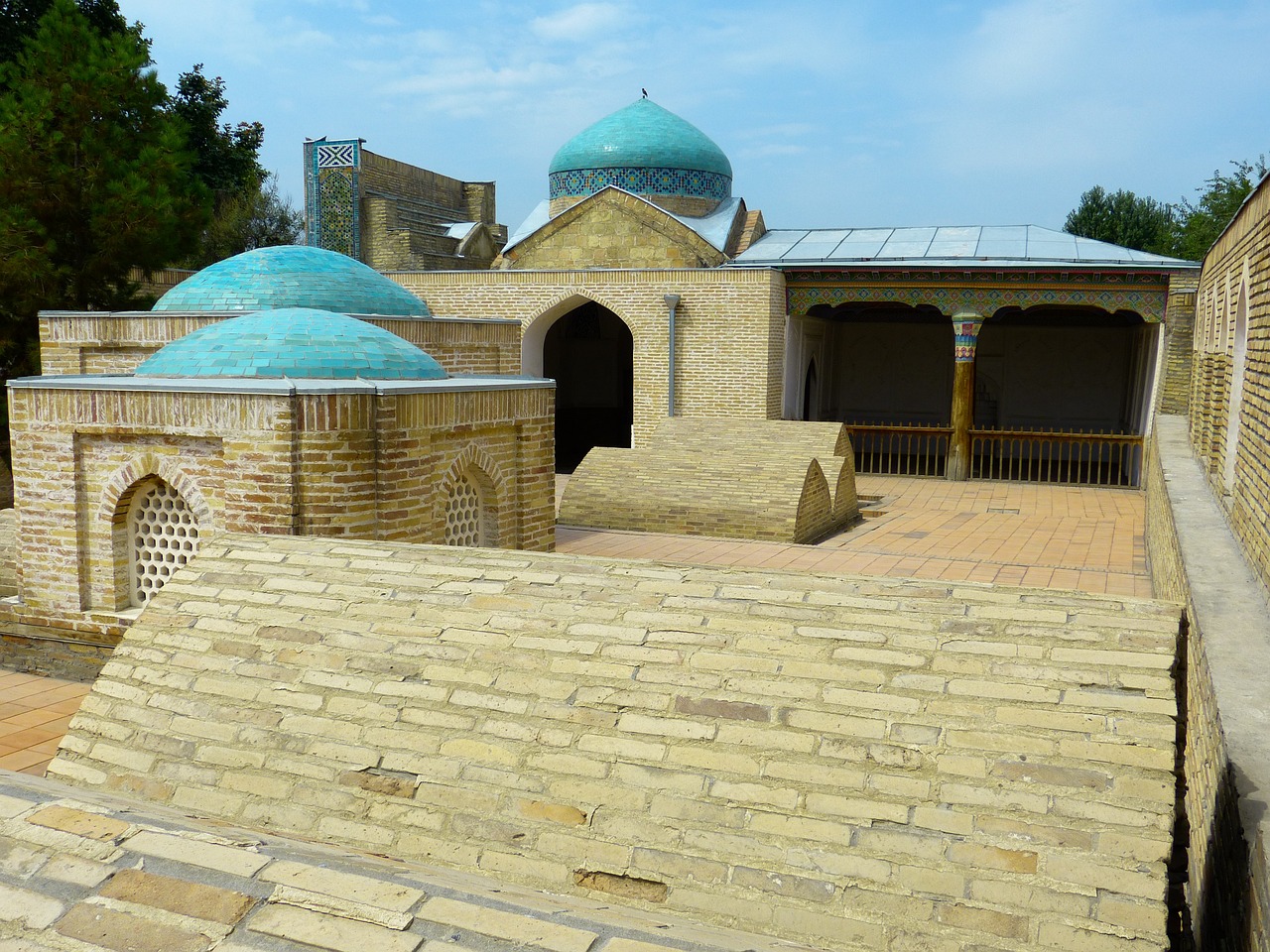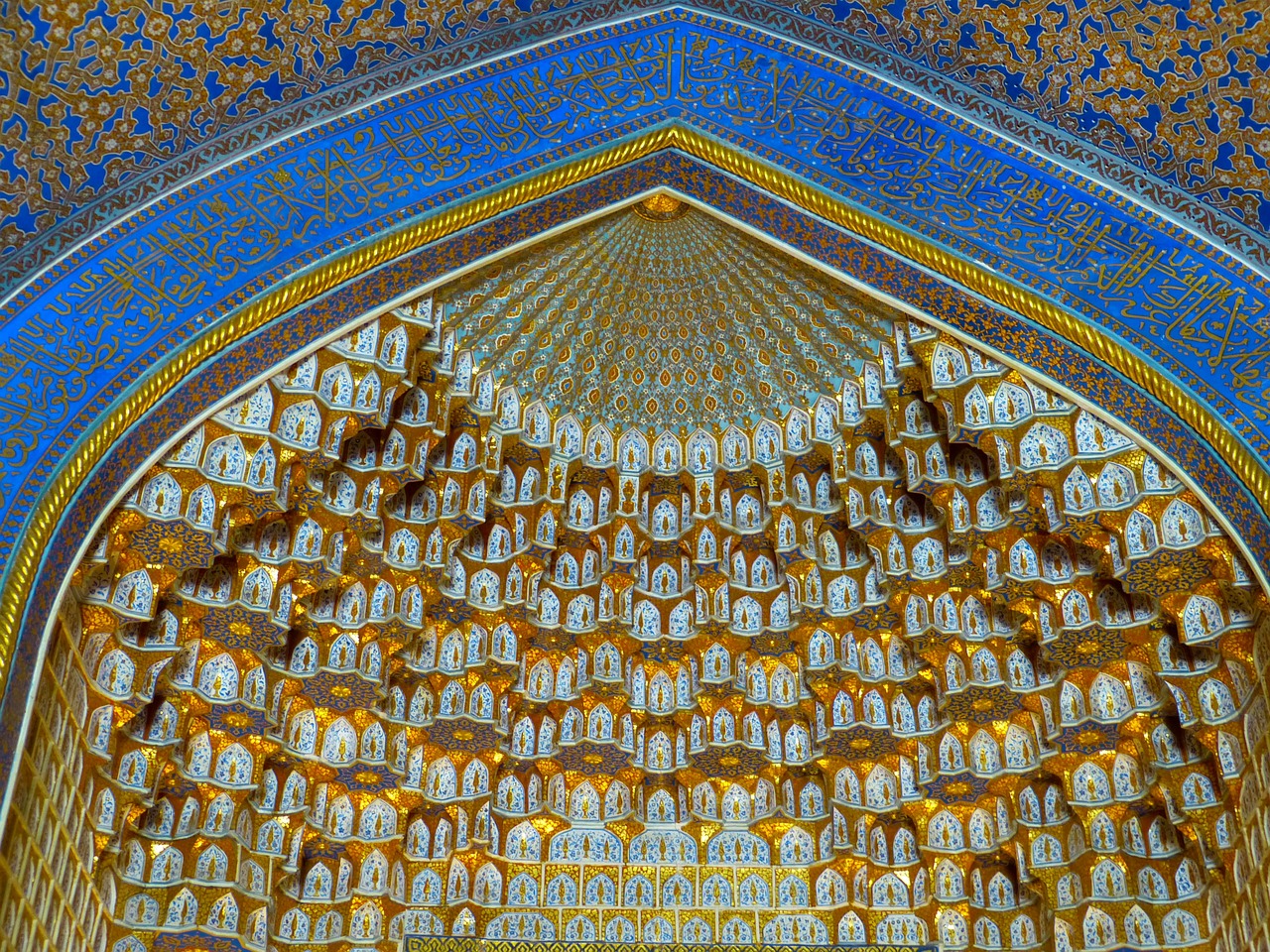Uzbekistan Video
Language and Communication: Overcoming Barriers in Uzbekistan
Introduction:
Language and communication play a crucial role in society, enabling individuals to express their thoughts, ideas, and emotions. In Uzbekistan, a Central Asian country known for its rich history and cultural heritage, language barriers can pose significant challenges in various aspects of daily life. This article explores the diverse linguistic landscape of Uzbekistan and the efforts made to overcome language barriers in different domains.
Language Diversity in Uzbekistan
Uzbekistan is home to a diverse linguistic landscape, with Uzbek being the official language of the country. However, due to historical influences and geographic proximity to neighboring countries, several other languages are spoken by different ethnic groups residing in Uzbekistan. These languages include Russian, Tajik, Kazakh, Karakalpak, Kyrgyz, and many more.
- Russian: Russian is widely spoken and understood in Uzbekistan, especially among the older generation and in urban areas. It serves as a lingua franca for communication with people from different ethnic backgrounds.
- Tajik: Tajik, a Persian dialect, is spoken by the Tajik minority population in Uzbekistan. It shares similarities with the Persian language and is primarily used in the Bukhara and Samarkand regions.
- Kazakh: Kazakh, a Turkic language, is spoken by the Kazakh ethnic group residing in Uzbekistan. It is predominantly spoken in the Karakalpakstan Autonomous Republic.
Uzbekistan Image 1:

Language Barriers in Everyday Life
Despite the linguistic diversity, language barriers can pose challenges in everyday life situations in Uzbekistan. These barriers can affect communication in various domains, including education, healthcare, and tourism.
- Education: Language barriers can hinder effective communication between teachers and students who speak different languages. Efforts have been made to improve multilingual education, providing students with the opportunity to learn multiple languages and facilitating better communication in the classroom.
- Healthcare: Communication between healthcare professionals and patients who speak different languages can lead to misunderstandings and inadequate medical care. To address this, medical institutions have implemented language interpretation services to bridge the gap and ensure accurate communication.
- Tourism: Language barriers can be particularly challenging for tourists visiting Uzbekistan. Lack of proficiency in the local language can hinder interactions with locals, accessing essential services, and fully experiencing the rich cultural heritage of the country. As a result, efforts have been made to provide language assistance services and promote language learning among tourism professionals.
Efforts to Overcome Language Barriers
Recognizing the importance of effective communication, Uzbekistan has implemented various initiatives to overcome language barriers and foster linguistic harmony.
- Linguistic Policies: The government has developed linguistic policies to promote the use of the Uzbek language while respecting the linguistic rights of ethnic minorities. These policies aim to enhance language proficiency and encourage multilingualism.
- Language Education: Uzbekistan has focused on improving language education by introducing language programs in schools and universities. This includes providing resources and training for teachers to enhance language teaching methodologies.
- Translation and Interpretation Services: To facilitate communication across languages, translation and interpretation services have been established in various sectors. These services play a vital role in bridging language gaps and ensuring effective communication.
Uzbekistan Image 2:

Technology and Language Communication
Advancements in technology have also played a significant role in overcoming language barriers in Uzbekistan.
- Language Translation Apps: Mobile applications that offer real-time language translation have become increasingly popular. These apps allow individuals to communicate across languages by translating spoken or written words instantly.
- Online Language Learning Platforms: Online platforms provide opportunities for individuals to learn different languages at their own pace. These platforms offer interactive lessons, language exercises, and virtual language exchange programs.
- Accessible Information: The internet has made information more accessible to individuals who may face language barriers. Websites and online resources are available in multiple languages, enabling individuals to access information relevant to their needs.
Language Preservation and Cultural Identity
Preserving language diversity is essential for maintaining cultural identity in Uzbekistan. Efforts have been made to protect and promote minority languages to ensure their survival and contribute to the cultural richness of the country.
- Bilingual Education: Bilingual education programs have been implemented to preserve minority languages while providing students with a strong foundation in the Uzbek language. This approach aims to maintain cultural diversity while promoting national unity.
- Cultural Festivals: Cultural festivals celebrating different languages and ethnicities are organized to showcase the linguistic and cultural heritage of Uzbekistan. These festivals provide a platform for communities to express their unique identities and foster intercultural understanding.
Uzbekistan Image 3:

Conclusion
Language and communication barriers can be overcome through various strategies and initiatives in Uzbekistan. The country’s linguistic diversity is celebrated, and efforts are continuously being made to ensure effective communication in all domains of life. By embracing multilingualism, promoting language education, and utilizing technology, Uzbekistan strives to create an inclusive society where language is not a barrier but a bridge to cultural understanding and unity.
References
– Ministry of Public Education Uzbekistan: education.uz
– Ministry of Health Uzbekistan: health.uz
– Uzbekistan Tourism: uzbekistan.travel


